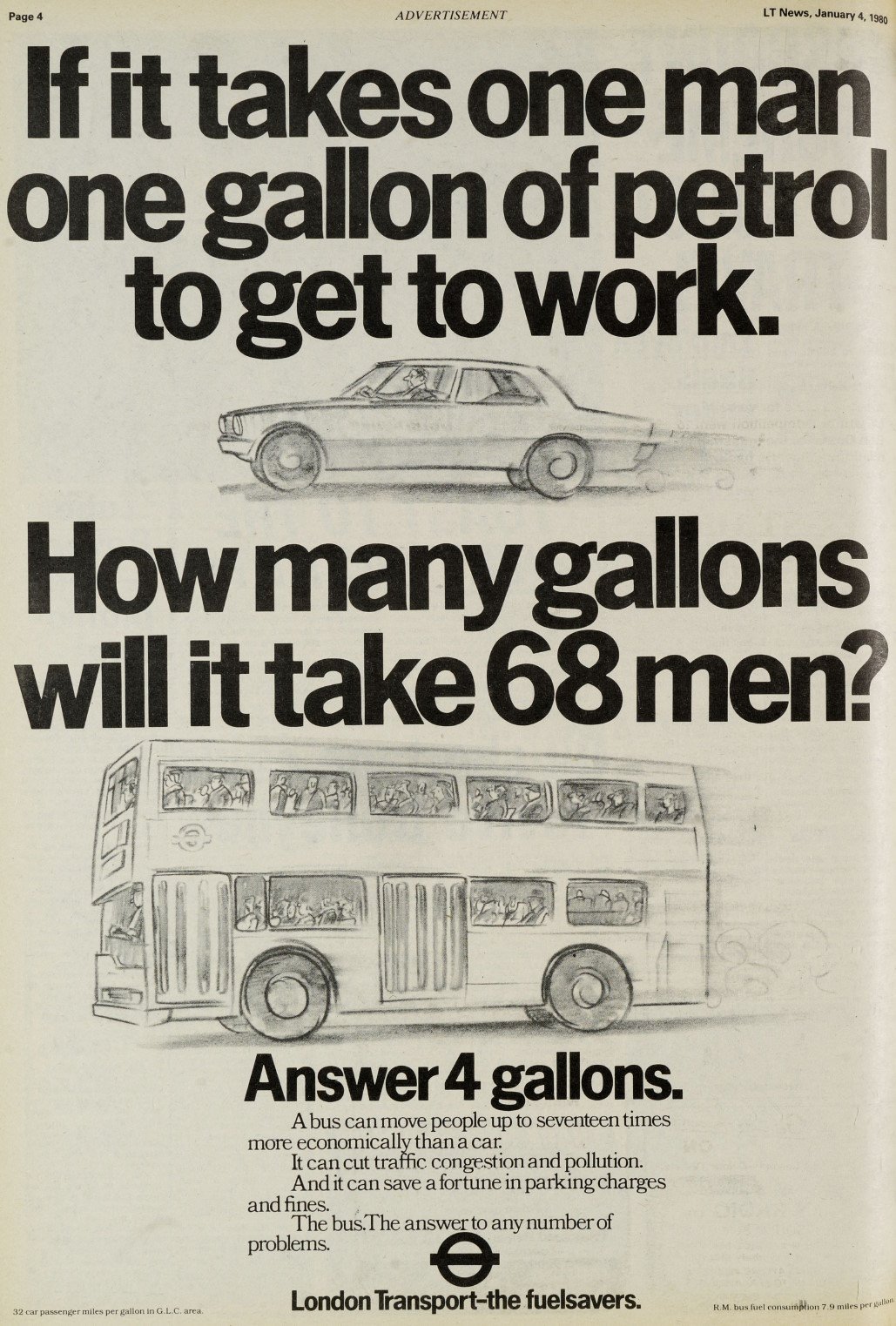view the rest of the comments
Fuck Cars
A place to discuss problems of car centric infrastructure or how it hurts us all. Let's explore the bad world of Cars!
Rules
1. Be Civil
You may not agree on ideas, but please do not be needlessly rude or insulting to other people in this community.
2. No hate speech
Don't discriminate or disparage people on the basis of sex, gender, race, ethnicity, nationality, religion, or sexuality.
3. Don't harass people
Don't follow people you disagree with into multiple threads or into PMs to insult, disparage, or otherwise attack them. And certainly don't doxx any non-public figures.
4. Stay on topic
This community is about cars, their externalities in society, car-dependency, and solutions to these.
5. No reposts
Do not repost content that has already been posted in this community.
Moderator discretion will be used to judge reports with regard to the above rules.
Posting Guidelines
In the absence of a flair system on lemmy yet, let’s try to make it easier to scan through posts by type in here by using tags:
- [meta] for discussions/suggestions about this community itself
- [article] for news articles
- [blog] for any blog-style content
- [video] for video resources
- [academic] for academic studies and sources
- [discussion] for text post questions, rants, and/or discussions
- [meme] for memes
- [image] for any non-meme images
- [misc] for anything that doesn’t fall cleanly into any of the other categories

In civilized places, buses take about as long as a car, as they're prioritized in infrastructure. The added benefit is that you don't even need to own a 2 ton death machine.
Not the case where I live. What is a ten minute drive quite literally takes the bus 50 to 80 minutes.
I can't justify that much wasted time both ways. That's about two hours of my day I could be spending doing anything but riding the bus.
That's not an argument against mass transit as much as it's an argument against building car-centric infrastructure.
Fair, but it is the reality a lot of people live with. I would love for us to have a Netherlands approach to biking, but we don't. And we have brutally cold winters, where waiting for a bus is made even more undesirable, and biking less of an option because of how treacherous the snow makes everything (including driving).
To me it seems more like a pleasant fantasy than a realistic expectation. For other places I'm sure it is an attainable reality.
It's all about location.
I don't think you'll meet a transit/urbanism advocate who will tell you to ride transit that doesn't exist where you are or that is wildly impractical for you. I certainly won't. For me, it's more about doing what makes the most sense for you, while also pushing to change the infrastructure where you are to make transit and urbanism better and more feasible for more people.
I have written my council pushing for changes to existing biking laws to make it safer in my city. So you're rightz we have to push for what we need. Nothing changes if we don't voice our concerns.
Agreed. Seems we're largely on the same page, then.
It's often the way of things, which a comment or two isn't able to portray. Have a great day :)
Local climate really isn't a reason to avoid public transportation infrastructure, as you have VERY hot and humid places (São Paulo, Brazil during summer) and very cold places (Netherlands during winter) with perfectly functional services. It's all about HOW said infrastructure is deployed and cared for.
Netherlands is quite warm from my perspective and a poor comparison to the extremely harsh winters we experience.
Thier average winter temperature is our late fall and early spring temp (November and March). The months of December, January and March are more comparable to Siberia.
Fuck off with your condensed bullshit, not everyone lives in cities, not everyone wants to live in cities.
Yes, the people who don't want to live in cities are called "clinically insane".
Where do you think your food comes from?
Where do you think all of your tech gets made?
Where do you think all the resources those factories consume come from?
Cut the crap and stop acting like city life is the only way to live.
Mostly automated exploration of soil.